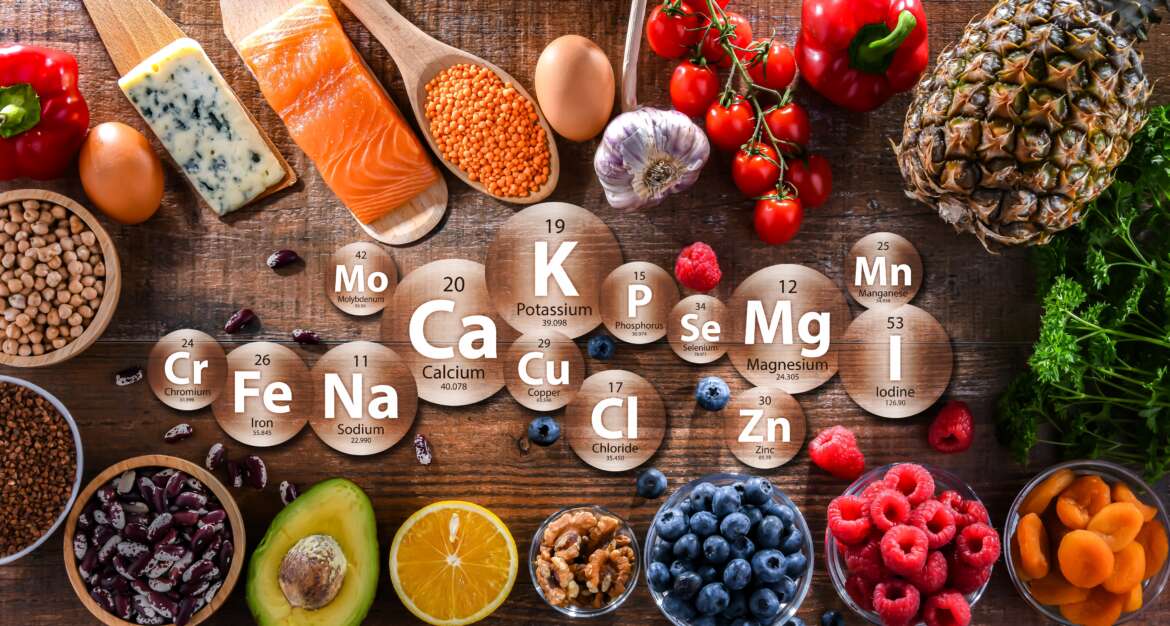Introduction:
The arrival of a newborn is a remarkable occasion brimming with happiness and amazement. As parents, one of the most important responsibilities is ensuring the health and well-being of your baby, and nutrition plays a pivotal role in their growth and development. Essential vitamins and minerals are crucial for supporting various physiological processes in newborns, laying the foundation for a healthy future. In this comprehensive guide, we’ll explore the vital vitamins and minerals necessary for newborn growth and discuss their sources, functions, and significance in promoting overall health.
1. Vitamin D:
Vitamin D is essential for newborns as it aids in the development of strong bones and teeth. It additionally plays a vital function in controlling the levels of calcium and phosphorus in the body. While breast milk provides some vitamin D, it may not be sufficient, especially for babies who are exclusively breastfed. Therefore, pediatricians often recommend vitamin D supplements for newborns, particularly those who have limited exposure to sunlight.

2. Iron:
Iron plays a crucial role in newborn growth by aiding in the production of hemoglobin, the protein found in red blood cells responsible for transporting oxygen to tissues and organs. Iron deficiency in infancy can lead to anemia, which can impair cognitive development and overall growth. Breast milk contains some iron, but it may not be enough to meet the baby’s needs after the first few months. Iron-fortified formula or iron supplements may be recommended by healthcare providers to ensure adequate intake.
3. Vitamin K:
Vitamin K is crucial for newborns as it plays a vital role in blood clotting, preventing excessive bleeding. Newborns are born with low levels of vitamin K, and deficiencies can lead to a rare but potentially life-threatening condition called vitamin K deficiency bleeding (VKDB). In order to prevent VKDB, healthcare providers typically administer a vitamin K injection shortly after the newborn’s birth. Breast milk contains only small amounts of vitamin K, so supplementation is necessary to meet the baby’s needs.
4. Calcium:
Calcium is essential for newborn growth and development, particularly for the formation of strong bones and teeth. Additionally, it contributes to muscle function, nerve transmission, and blood clotting. Breast milk or formula provides an adequate amount of calcium for newborns, but as they transition to solid foods, it’s essential to include calcium-rich foods such as dairy products, fortified cereals, and leafy greens in their diet.
5. Vitamin A:
Vitamin A is critical for newborns as it supports healthy vision, immune function, and cell growth. Breast milk provides a good source of vitamin A, but supplementation may be necessary for premature infants or those with certain medical conditions. Introducing vitamin A-rich foods such as sweet potatoes, carrots, and spinach into the baby’s diet as they start solids can help ensure adequate intake.
6. Zinc:
Zinc is an essential mineral for newborn growth and development as it is involved in various enzymatic reactions and protein synthesis. It performs vital functions in immune response, wound repair, and DNA formation. Breast milk or formula provides an adequate amount of zinc for newborns, but as they grow older, incorporating zinc-rich foods such as meat, poultry, fish, Incorporating legumes into their diet is crucial to fulfill their nutritional requirements.
7. Omega-3 Fatty Acids:
Omega-3 fatty acids, particularly docosahexaenoic acid (DHA) and eicosapentaenoic acid (EPA), are crucial for newborn brain development and cognitive function. These essential fatty acids are found in breast milk, but their levels can vary depending on the mother’s diet. For formula-fed babies, some formulas are fortified with DHA and EPA to ensure adequate intake. Additionally, introducing omega-3-rich foods into the baby’s diet as they transition to solids, such as fatty fish like salmon, can further support their cognitive development.

8. Vitamin C:
Vitamin C is crucial for newborns because it plays a key role in synthesizing collagen, aiding in wound healing, and supporting immune function. While breast milk provides some vitamin C, supplementation may be necessary, especially for babies who are formula-fed or those with certain medical conditions. Introducing vitamin C-rich foods such as citrus fruits, strawberries, and bell peppers into the baby’s diet as they begin eating solid foods can help ensure optimal intake. By prioritizing these essential vitamins and minerals in their baby’s diet, parents can contribute to their overall health and well-being, setting them on a path to thrive in infancy and beyond.
Conclusion:
Ensuring adequate intake of essential vitamins and minerals is paramount for supporting newborn growth and development. While breast milk provides many nutrients, supplementation or fortified formula may be necessary to meet the baby’s needs, particularly for certain vitamins and minerals. Consulting with a pediatrician or healthcare provider is essential to ensure that newborns receive the appropriate nutrition for optimal growth and overall health. By prioritizing nutrition and providing a well-balanced diet, parents can lay a strong foundation for their baby’s lifelong health and well-being.


